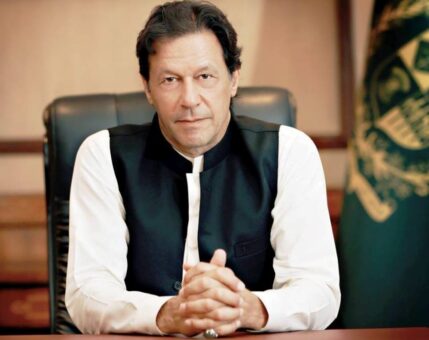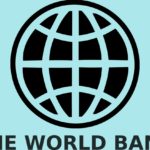ISLAMABAD: The GDP growth for current fiscal year has been estimated negative 0.38 percent, according to Pakistan Economic Survey for 2019/2020 released on Thursday.
The survey stated that although, provisional GDP growth rate for FY2020 is estimated at negative 0.38 percent, however, macroeconomic stabilization measures undertaken by the government over the past year resulted in significant reduction in Saving-Investment Gap which was mainly driven by reduction in trade deficit and increase in workers’ remittances.
It is also mentionable that fiscal deficit remained contained in first three quarters of FY2020.
Historically, Private Consumption had significantly contributed in Pakistan’s economic growth.
The pattern was likely to continue, however, due to COVID-19, private consumption suffered significantly.
In percentage of GDP, it dropped to 78.5 percent in FY2020 compared to 82.9 percent in FY2019.
Private Investment as a percentage of GDP dropped to 9.98 percent from 10.29 percent in FY2019 while Public Investment (including General Government investment) has shown improvement as it remained 3.8 percent compared to 3.7 percent last year.
However, there was 13.2 percent growth in Public Investment (including General Government investment) during FY2020, while it declined by 21.6 percent last year.
The economy of Pakistan like other economies has a diverse structure with three main sectors -agriculture, industry and services.
The agriculture sector, as mentioned earlier, grew by 2.67 percent.
The crops sector has witnessed positive growth of 2.98 percent during FY2020 mainly due to positive growth of 2.90 percent in important crops.
According to Pakistan Bureau of Statistics, fourth quarter has been estimated by keeping in view the lockdown situation faced by the industrial sector due to COVID-19.
Significant impact has been observed in the manufacturing sector, particularly Large-Scale manufacturing and Small-Scale Manufacturing.
The provisional growth in industrial sector has been estimated at -2.64 percent mainly due to a negative growth of 8.82 percent in mining and quarrying sector and decline of 7.78 percent in large-scale manufacturing sector.
Due to lock down situation in the country, the growth estimates of Small-Scale Industry for FY2020 are 1.52 percent.
Similar to the industrial sector, services sector of the economy has also witnessed significant impact of the lock down situation in the country due to COVID-19, particularly in Wholesale and Retail Trade and Transport Sectors.
The services sector has declined provisionally at 0.59 percent mainly due to 3.42 percent decline in Wholesale and Retail Trade sector and 7.13 percent decline in Transport, Storage and Communication sectors.
Finance and insurance sector witnessed a slight increase of 0.79 percent.
The Housing Services, General Government Services and Other private services have contributed positively at 4.02, 3.92 and 5.39 percent respectively.





